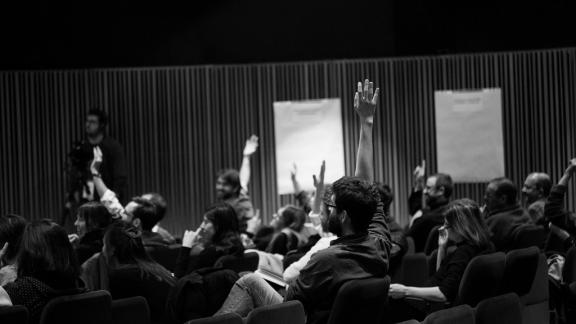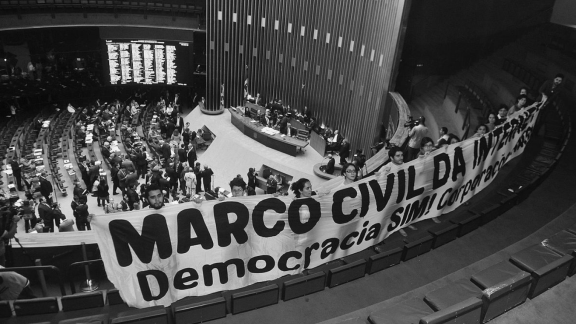Technopolitical autonomy
Social autonomy, common technologies
Technologies are both battlefields and forms of living. Four decades after works like "Autonomous Technology" and "The Whale and the Reactor" by Langdon Winner, building appropriate technologies by and for those who live with them remains a central challenge for contemporary societies. One of our lines of work is oriented to theorize, analyse and contribute to the building up of technopolitical autonomy, that is, relations with and through technologies that foster new forms of freedom and creativity, both personal and collective.
Against the technological determinism of the 70s or technological solutionism of today, against the views that consider technology an autonomous force and those that turn it into a neutral tool that solves any problem (or those that combine aspects of both visions), from the research line "technopolitical autonomy" we try to explore, imagine and redefine the links between technology, politics and society. We do it through theoretical and applied projects, aimed at understanding technologies and society in order to (re)build them democratically. As part of this line of research and action, we are developing four projects: Vector, Tecnopolitica.cc/Atenea Cyborg, Outonomy, and Metadecidim. Previously, we participated in the OXFAM, DECODE, D2, D-cent, and Interidentity projects.
A PhD thesis by a researcher in the group is also underway: Sociotechnical Fictions: an analytical tool and re-enchantment instrument for technopolitical transition by Andreu Belsunces.








